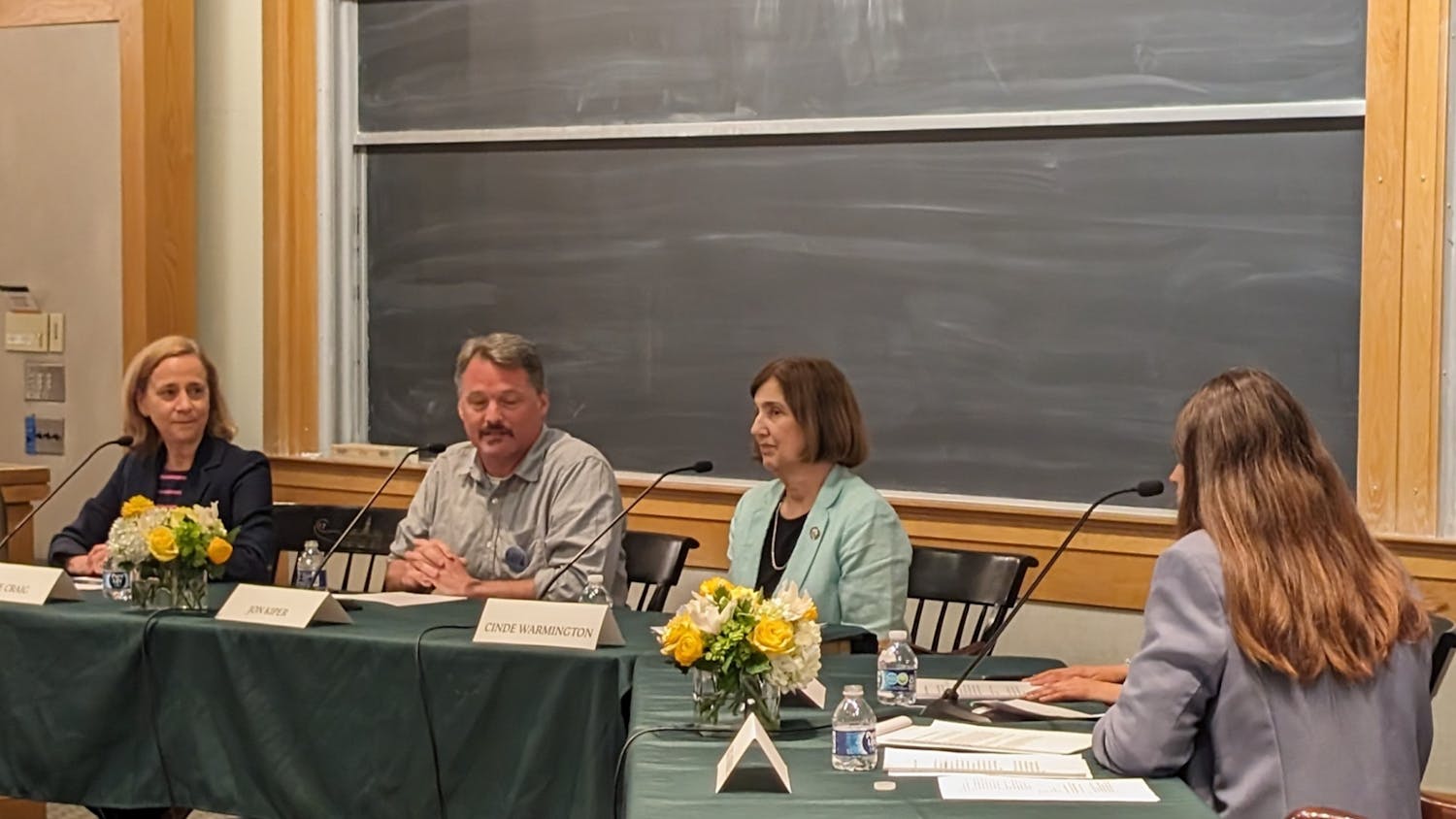The number of New England colleges and universities charging over $50,000 a year for tuition, room and board will double next year, The Boston Globe reported Sunday. Next year, Dartmouth will join the 58 private institutions that currently charge $50,000 or more annually, along with Harvard University and Brown University, The Globe reported. Although the size of this year's cost increases are not unprecedented, the psychological impact of the $50,000 figure could discourage applicants before they research available financial aid options, according to The Globe. Representatives from some private colleges and universities argue that because of financial aid, many students pay a fraction of full price for their education.
Delaware and Tennessee will receive $100 and $500 million respectively in Federal Education grants to overhaul their public school systems, The New York Times reported Monday. Their budget proposals won the first of three rounds among 38 states and the District of Columbia in a competition which is intended to promote educational reform in areas prioritized by President Barack Obama, including the promotion of charter schools, improved of student-data tracking systems, updated teacher evaluation systems and improvement of under-performing schools, The New York Times wrote. All states except the two first-round winners are eligible to enter the second round on June 1, The Times wrote. At that time, 10 to 15 other states will split the remaining 3.4 billion in appropriated grant money.
The Association of Governing Boards of Colleges and Universities released an updated version of its previous statement on the responsibilities of trustees and regents in institutional governance last Friday, according to Inside Higher Ed. The "Statement on Board Responsibility for Institutional Governance" discusses the reinforcement of external accountability pressures on colleges to a greater extent than the Association's 1998 "Statement on Institutional Governance", Inside Higher Ed wrote. The statement details board roles in relation to the roles of presidents, administration and faculty, in order to better preserve academic freedom and the responsibilities of the faculty, according to the AGB's press release. Gary Rhoades, general secretary for the American Association of University Professors, said in a statement that the AGB emphasized professors' "special role and joint responsibility in shared governance" in the release.



